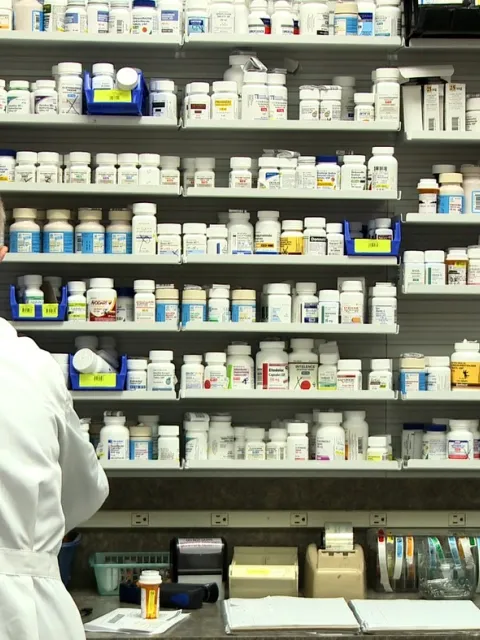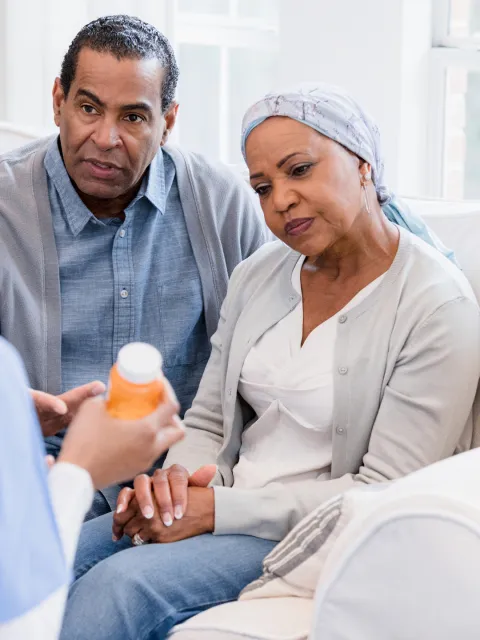Improving tools for combatting antimicrobial resistance

Today, everyone is living in a world with a nearly untreatable virus. At no time in recent history has there been a series of events or circumstances that challenged organisations and individuals to engage in new actions and behaviours as exists today due to COVID-19. The COVID-19 pandemic has been an acute shock to the world as the novel coronavirus has affected the health of millions and the lives and livelihood of billions.
This circumstance provides a glimpse of what the future is likely to become more broadly if we do not mobilise a sufficient global response to drug-resistant infections caused by antimicrobial resistance (AMR). As the bacteria that cause infections become increasingly drug-resistant, even common medical procedures – including surgery, childbirth and chemotherapy – can become increasingly life-threatening.
The impact of surveillance data
Tracking the spread of COVID-19 has been critical to the global public health response. But while information about COVID-19, a disease the world knew nothing about two years ago, is readily and publicly available, the world still struggles to monitor and track the spread of threats that we know exist and threaten the future of healthcare. As the pandemic has demonstrated, pathogens responsible for difficult-to-treat infections move quickly across the globe via multiple carriers Unfortunately, the incidence of drug resistance around the world is still all too often estimated and not systematically tracked, increasing the risk to patients across the globe. It is critical that we improve the tracking of drug-resistant bacteria and fungus.
Using infection prevention and control to stop infections before they start
Preventing drug-resistant infections reduces the use of antibiotics and improves patient outcomes. Infection control practices, from simple handwashing to global vaccination, and the use of effective infection prevention measures are key tools to combat COVID-19 and AMR.
The COVID-19 pandemic has highlighted the critical role of vaccines in controlling infectious disease outbreaks. Vaccines are an effective infection control tool for bacterial infections as well. A recent report by Wellcome Trust states that “vaccines do have some unique advantages and therefore, bringing additional, and more effective vaccines, to market could have a huge impact on AMR.”
Diagnostic and antibiotic stewardship
The pandemic also has demonstrated the critical role of diagnostic testing to steer our public health response. Diagnostic testing results provide data to clinicians and allows patients to be put on the optimal treatment path. This data also informs surveillance and infection prevention practices, and it has been shown that diagnostic testing for bacterial and fungal infections results in improved use of antibiotics and antibiotic stewardship. But whereas testing for COVID-19 has benefited from innovation and rapid uptake, testing for drug-resistant infections remains underutilised.
Diagnostic stewardship refers to the appropriate use of laboratory testing to guide patient management, including treatment, to optimise clinical outcomes and limit the spread of antimicrobial resistance. The diagnostic microbiology laboratory has a vital role to play in facilitating antimicrobial stewardship. Timely reporting of results increases the confidence of prescribers that they are treating infection appropriately with empirical antibiotics and allows treatment to be focused. Better diagnostics can guide faster, more appropriate treatment to ensure patients receive the right drug for their infection, at the right time, for the right duration. Diagnostics can help us to preserve antibiotics and ensure they remain effective when they are needed most.
The role of cross-sector collaboration
Governments, researchers and industry partners around the world have mobilised to develop diagnostics, therapeutics and vaccines for COVID-19. The burden of drug-resistant infections will likely surpass COVID-19. Drugs like antibiotics are a vital tool in modern medicine to prevent and treat infections. As drug-resistant infections are becoming more common, modern medicine as we know it is at risk and, much like COVID-19, these infections have the potential to overwhelm our healthcare structure.
Surveillance, infection prevention and diagnostic stewardship have been deployed successfully to combat the global COVID-19 pandemic. Continued focus on these practices with improved antibiotic stewardship efforts need to be deployed to combat the insidious threat of drug-resistant infections.
Last update
Thursday 05 August 2021Share this page


